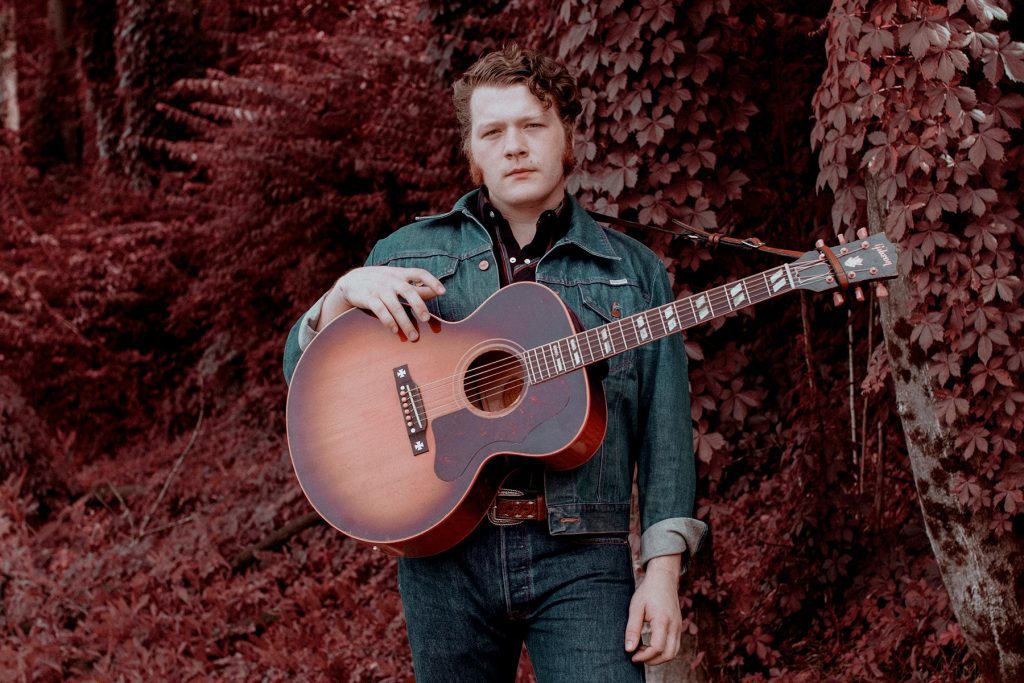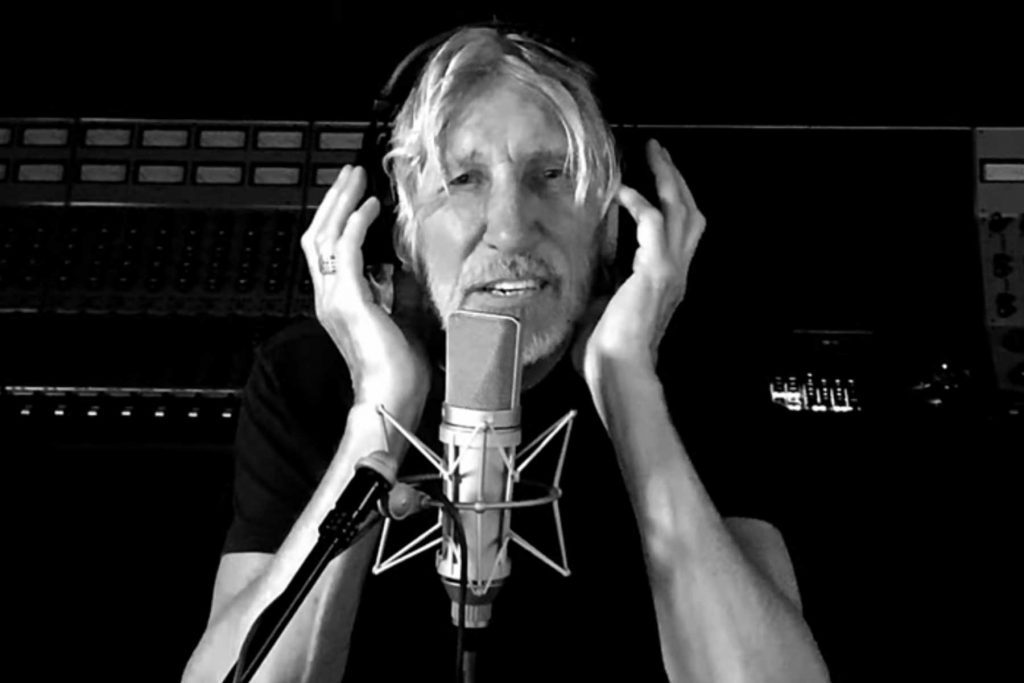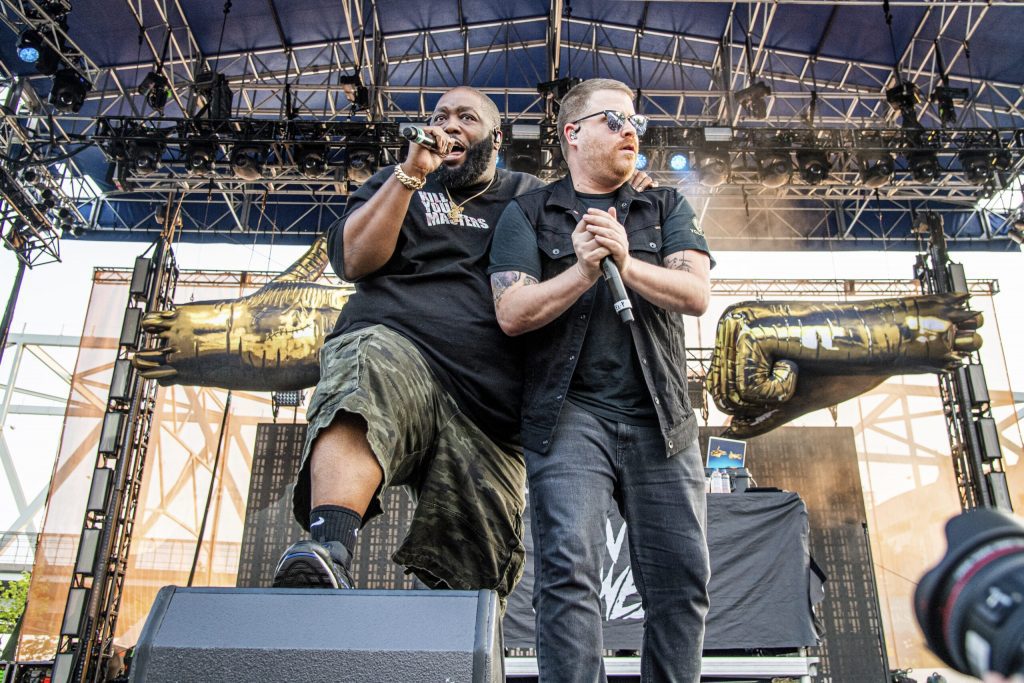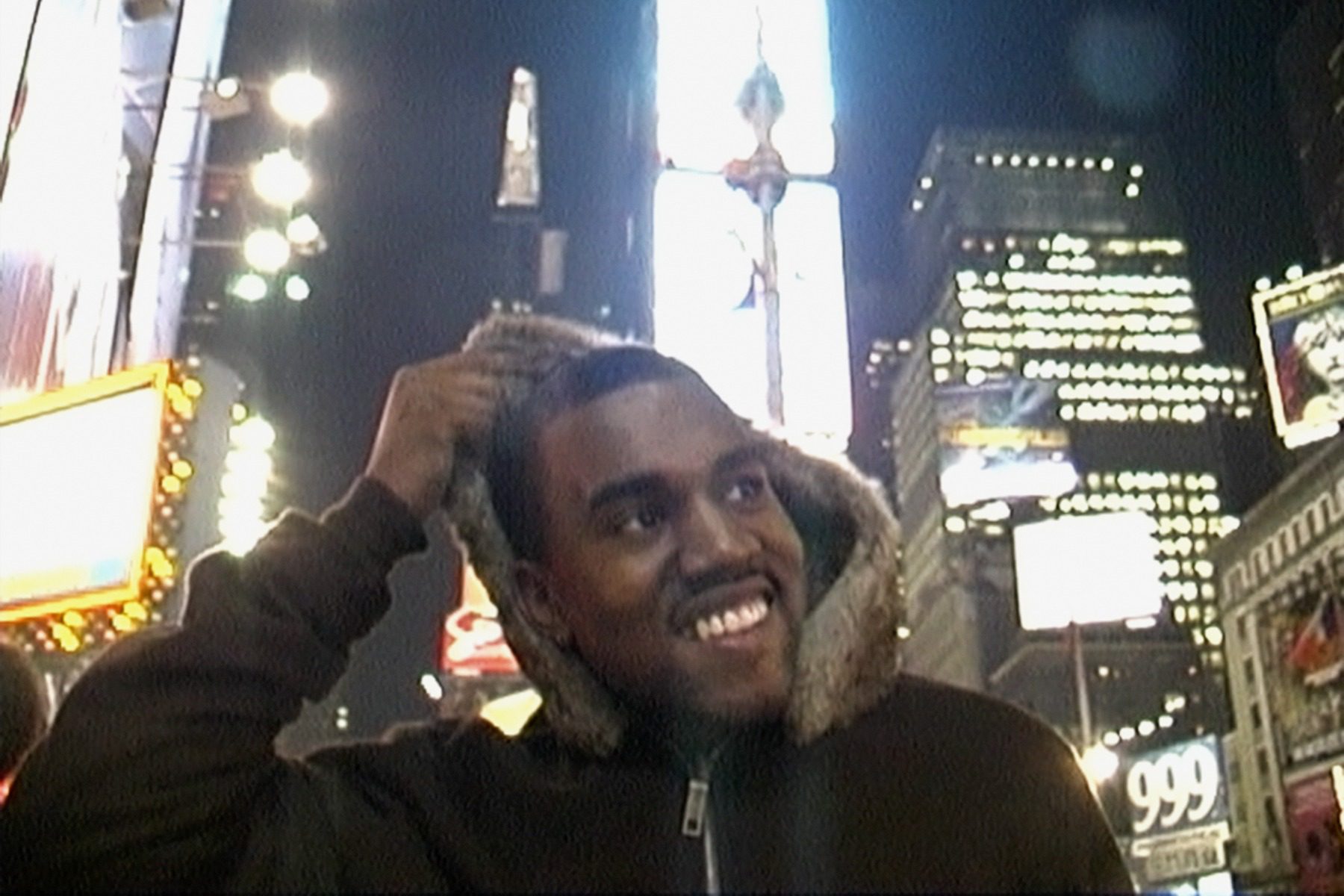
Can ‘The Night They Drove Old Dixie Down’ Be Redeemed?
When Early James took the stage as a guest on Marcus King’s Last Waltz tribute show, which aired as a paid stream from Nashville this week, he wasn’t entirely sure of himself. “I was terrified,” says the Alabama singer-songwriter, 26. “I had to have a little bit of liquid courage before we got up there.”
James had volunteered to perform “The Night They Drove Old Dixie Down,” the troubling requiem for the Confederate cause from 1969’s The Band. For more than 50 years, it’s been the contradiction at the heart of the Band’s catalog — a poignant song, sung with passion and grit by the late Levon Helm, yet ultimately a vehicle for a harmful, racist American myth. The words that Robbie Robertson wrote from the perspective of a poor Tennessee farmer in 1865 have always been hard to square with the Band’s place in the generally progressive world of 1960s and ’70s folk and rock music. This year, as hateful monuments fall and Black Lives Matter protesters demand justice, that paradox has finally given out, and James — who released an excellent solo debut, Singing for My Supper, earlier this year — decided to do something about it.
“I hope we piss off the right people by changing these words,” he said before King and his band got rolling alongside him. James went on to deliver a version of the Band’s song with enough key lyrics altered to transform it from an elegy for the Lost Cause to a forceful argument for leaving those lies in the dirt. In the first verse, where Helm sang that the fall of the Confederacy was “a time I remember oh so well,” James declared it “a time to bid farewell.” In the chorus, instead of mourning that downfall, he sang, “Tonight, we drive old Dixie down.” His most thorough and powerful revision came in the song’s final verse:
Unlike my father before me, who I will never understand
Unlike the others below me, who took a rebel stand
Depraved and powered to enslave
I think it’s time we laid hate in its grave
I swear by the mud below my feet
That monument won’t stand, no matter how much concrete
James had stayed up until 5 a.m. the morning of the show, rewriting Robertson’s lyrics with help from his girlfriend, costume designer Cammie Windley. “The lines that made me cringe, I had to change those,” he says. “I’m from the South. I grew up with racist family members. The song just kind of wrote itself.”
Growing up in Troy, Alabama, a small city about two hours south of Birmingham, where he currently lives, James often heard “The Night They Drove Old Dixie Down” side by side with Lynyrd Skynyrd’s “Sweet Home Alabama” and other songs of Southern pride. “You can’t be from the South and not,” he says. “People take that song as their anthem. When people had songs as their ringtone, I remember that being one.” (He notes one irony: “They had no idea Robbie Robertson was Canadian. If they had, they would’ve hated it! People are just ignorant.”)
As a young child, he attended a private elementary school — in part, he says, “because my dad didn’t want me to go to school with black people.” After his parents split up, he ended up transferring to a more integrated public school. He remembers one history teacher around ninth grade who was particularly fond of Confederate nostalgia. “He would say Robert E. Lee was a military genius, say that he didn’t own slaves — even though he did! He’d say it was all about states’ rights. Just glorifying the South and making all the excuses in the world.”
James, a self-described nerd who’d sought out his own reading material on the subject, recalls drawing the same teacher’s ire by praising the Union cause: “He thought it was terrible that I thought Sherman was cool for burning down Atlanta. He was a history teacher, but he didn’t want to know the facts. He forced that blissful ignorance on us.”
At other times, the prejudice he grew up around took more subtle forms. “Racism got brushed under the rug growing up,” he says. “Now it’s finally a time when at least my friends in certain parts of the South are actually saying, ‘No, dude, I don’t want to be around you,’ or telling people to shut up if they’re racist. When I was a kid, if someone would make a joke using the N-word, people would laugh just to not have uncomfortable silence. That doesn’t fly anymore, which is nice.” Even in recent years, though, he’s been dismayed to spot Confederate flags at the music festivals he’s played.
In later decades, Robertson has distanced himself somewhat from the Confederate imagery in one of his most famous songs. He told an interviewer on SiriusXM last fall that he got the idea from a visit to Helm’s parents in Arkansas: “I was trying to write a song that I thought Levon could sing better than anybody in the world. That’s all it was. That’s what it meant to me.”
For his part, James doesn’t see his revision of “The Night They Drove Old Dixie Down” as a particularly brave act, compared to what protesters in support of Black Lives Matter have risked this year. “I’m not as courageous as those people,” he says. “It was an easy stand for me to take. It felt like the tiniest thing I could do.”




